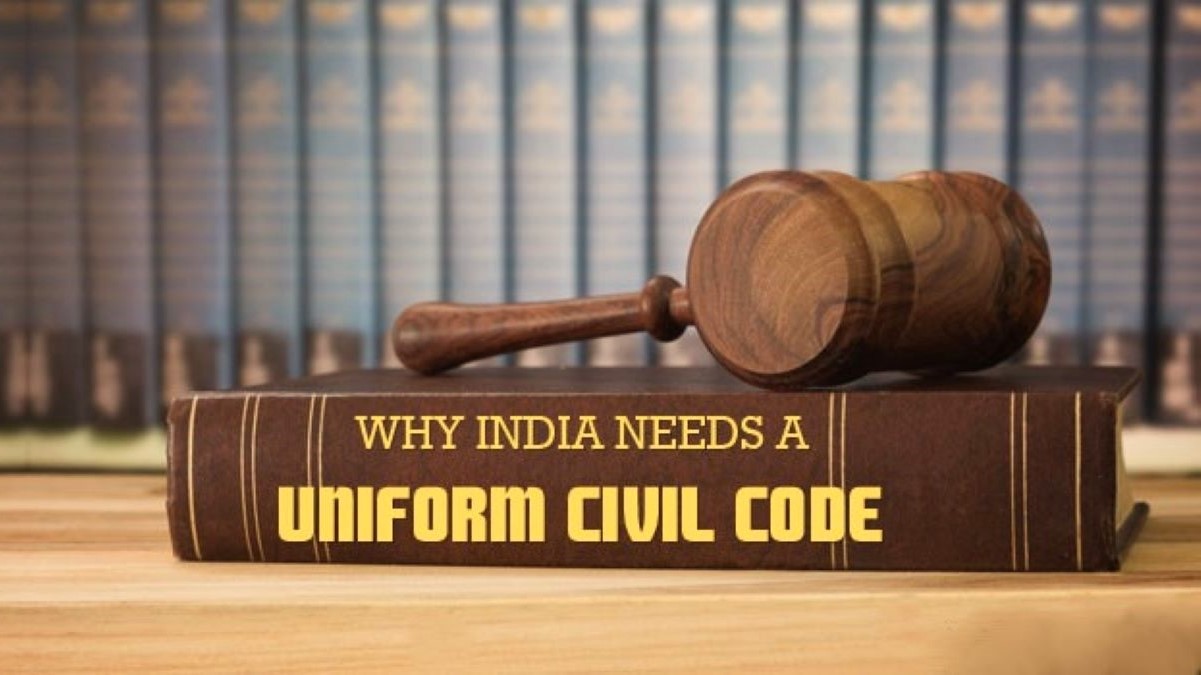
Exploring Uniform Civil Code (UCC): Constitutional Perspectives & Controversies in India (Photo Source: Pexels)
The Uniform Civil Code (UCC) has been a contentious topic in India, sparking intense debates over the past few decades. The UCC aims to establish a uniform set of laws governing personal matters such as marriage, divorce, inheritance, and adoption for all citizens, irrespective of their religious affiliations. However, India’s diverse population with multiple religious communities currently follows different personal laws.
In this article, we will explore the Indian constitutional stance on the UCC and examine the varying civil codes in India. We will also delve into the reasons behind the controversy surrounding the implementation of a UCC.
Indian Constitutional Perspective:
Article 44 of the Indian Constitution, which falls under the Directive Principles of State Policy, states that the state shall strive to secure a Uniform Civil Code for its citizens. Nonetheless, the framers of the Constitution recognized the sensitivity and complexity of the issue, leaving the decision of implementing a UCC to the discretion of the government. Throughout the years, different governments have discussed and debated the adoption of a UCC, yet the topic remains politically sensitive and contentious.

Different Civil Codes in India:
India has distinct personal laws based on religious texts and customs for various religious communities. Here are some examples:
1. Hindu Personal Law:
Derived from ancient religious texts and customs, Hindu personal laws are governed by the Hindu Marriage Act, 1955, and the Hindu Succession Act, 1956. The Hindu Succession Act ensures equal inheritance rights for Hindu women, Buddhists, Jains, and Sikhs, granting them entitlement to inherit property from their parents on par with Hindu men.
2. Muslim Personal Law:
Muslims in India follow the Muslim Personal Law, which is based on the Shariah. The Muslim Personal Law (Shariat) Application Act, 1937 regulates matters related to marriage, divorce, inheritance, and maintenance among Muslims.
3. Christian, Parsi, and Jewish Laws:
For Christians, Parsis, and Jews, the Indian Succession Act of 1925 applies. Christian women receive a predetermined share based on the presence of children or other relatives, while Parsi widows receive an equal share as their children, with half of the child’s share going to the deceased’s parents if they are alive.
Controversies Surrounding UCC:
The debate surrounding the Uniform Civil Code in India encompasses various perspectives and remains polarized. The following are key arguments presented by proponents and opponents of a UCC:
Religious and Cultural Diversity:
Critics argue that India’s cultural diversity may be undermined by the UCC, as it aims to replace individual religious laws with a uniform code applicable to all citizens. They believe this move could impinge upon religious freedom and erode the country’s cultural fabric.
Protection of Minority Rights:
Opponents of the UCC express concerns about its potential impact on minority communities. Personal laws are closely tied to the religious identity and practices of these communities. Imposing a common civil code may dilute their unique rights and protections, compromising their cultural autonomy in a pluralistic society like India.
Political Considerations:
The UCC has often become a subject of political maneuvering and posturing. Some political parties and leaders exploit the issue to consolidate their vote banks or appeal to their constituencies. This politicization hinders genuine discussions on the merits and drawbacks of a UCC.
Gender Equality & Women’s Rights:
Supporters of the UCC argue that implementing a uniform code would promote gender equality and women’s rights by eliminating discriminatory practices found in certain religious personal laws. They believe a common code would ensure equal rights in marriage, divorce, inheritance, and maintenance. However, opponents contend that gender justice can be achieved within the existing personal laws and that a UCC may inadvertently infringe upon women’s rights protected under specific religious practices.
National Integration:
Advocates of a UCC believe that a common civil code would foster national integration by promoting unity among diverse religious communities and strengthening the secular fabric of the country. However, opponents argue that the issue is complex and sensitive due to the diversity of religious beliefs and customs in India.






